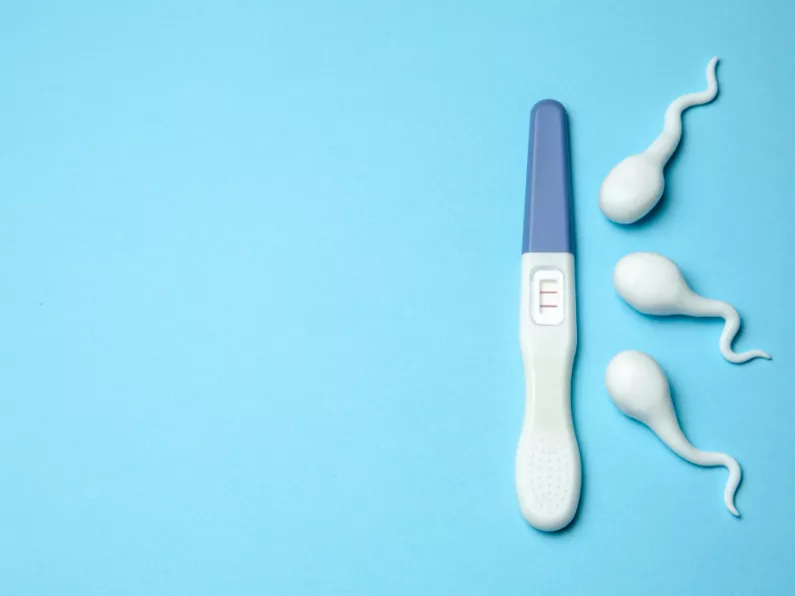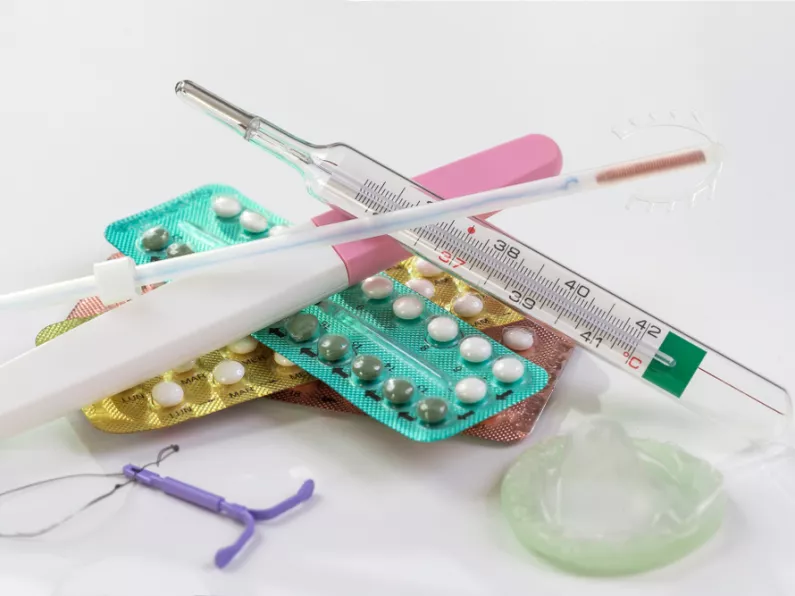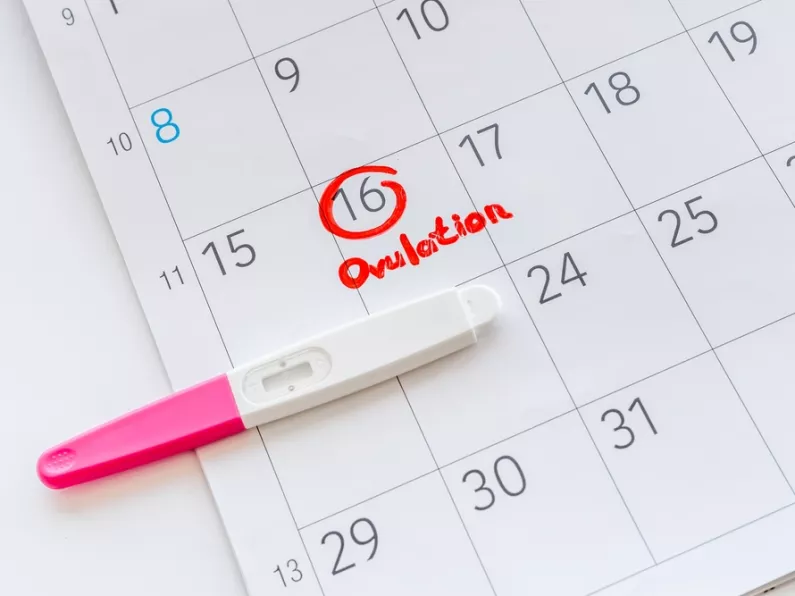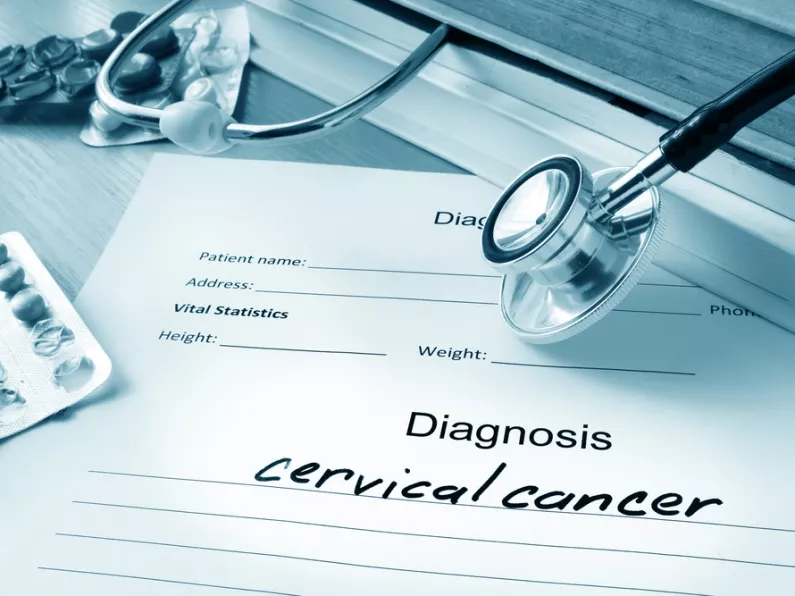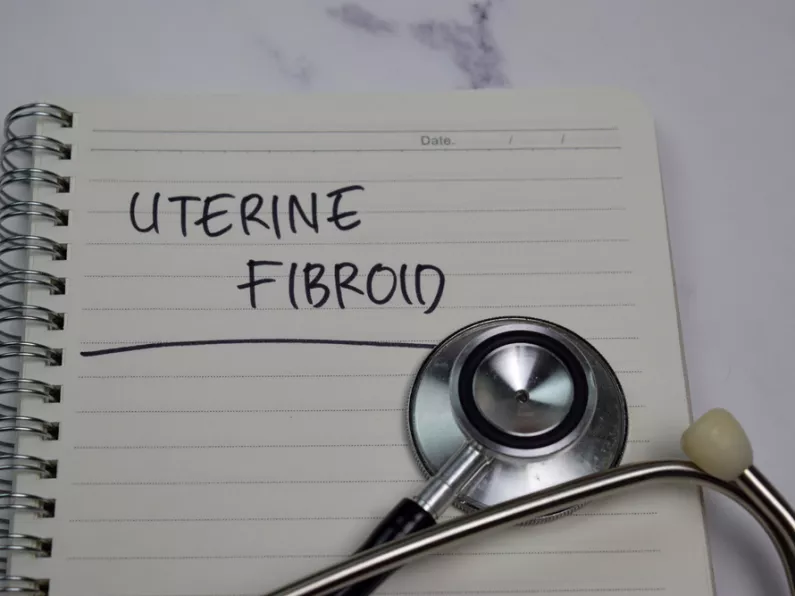If you're struggling to get conceive, here are 6 mistakes couples make when trying to get pregnant.
Trying to conceive is a minefield; from getting your ovulation dates wrong, to having too much sex (who knew?!), there are a number of common mistakes couples make when trying to get pregnant.
6 mistakes couples make when trying to get pregnant
Here are 6 mistakes couples make when trying to get pregnant.
- Not knowing your fertile period: This is one of the most common mistakes couples make when trying to conceive. There's no point having sex to get pregnant if it's not during your fertile period. Many women have a regular 28-day cycle, which means ovulation generally happens for them on day 14. But don’t assume that's the same for you. Individual cycles vary, so yours might be slightly shorter or longer, and it's important you work out when you ovulate if you're TTC. Use our ovulation calculator for help, or invest in some ovulation tests to help you figure it out.
- Not enough sex: What you'll learn pretty quickly when trying to get pregnant is that timing is everything. When you ovulate, the released egg can live in your fallopian tube for up to 24 hours. And because ejaculated sperm can live in a woman's body for up to five days, your fertile window is potentially six days; the four days leading up to ovulation, the day you ovulate and the following day. You are most fertile the two to three days before ovulation and the day of ovulation itself.
- Too much sex: Who knew that was a thing?! Having too much sex can decrease a man's sperm count. So best advice is to save it for your fertile window.
- Stress: Several studies have found links between a woman’s levels of day-to-day stress and lowered chances of pregnancy. Stress hormones like cortisol disrupt signaling between the brain and the ovaries, which can mess up ovulation.
- Unhealthy habits: Diet and lifestyle are extremely important when TTC. Obvious ones are giving up smoking, drug use and heavy drinking. But you must also aim to eat a healthy diet, cut down on caffeine, exercise in moderation, an make sure your weight is in a healthy range.
- Waiting too long to get medical help: It's generally recommended to wait 12 months without falling pregnant to see a specialist. But if you're over 35, the wait is 6 months. Other reasons you seek medical help sooner is if your cycle is shorter than 25 days or longer than 35 days, if you get very painful or heavy periods, or if you’ve had a significant pelvic infection in the past. If you have a history of STDs, it would also be a good idea to see a specialist sooner rather than later.
Advertisement

